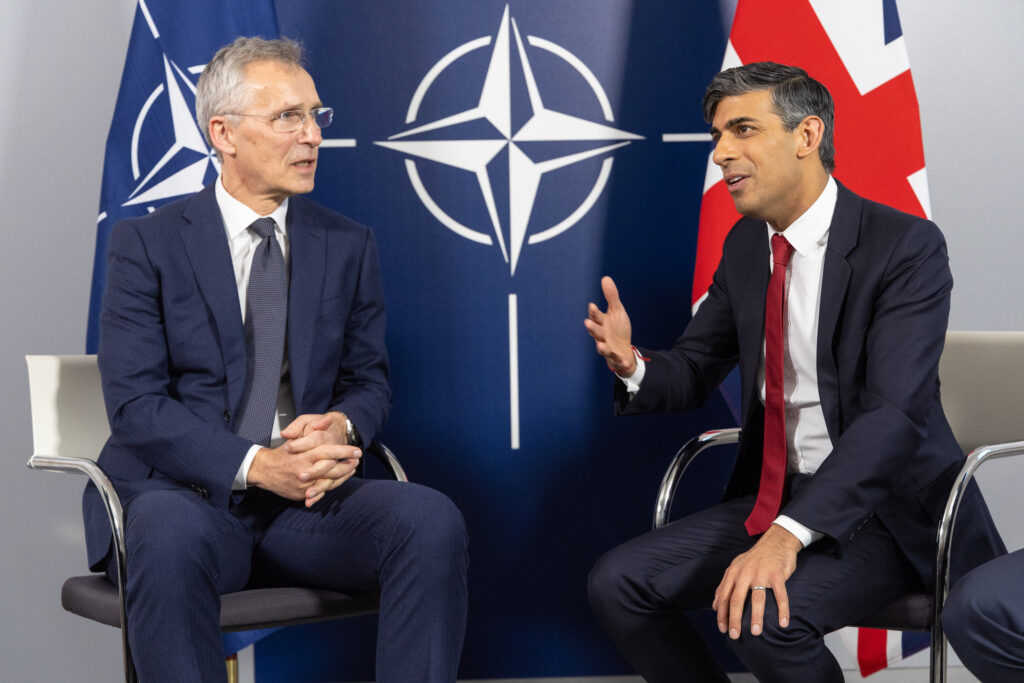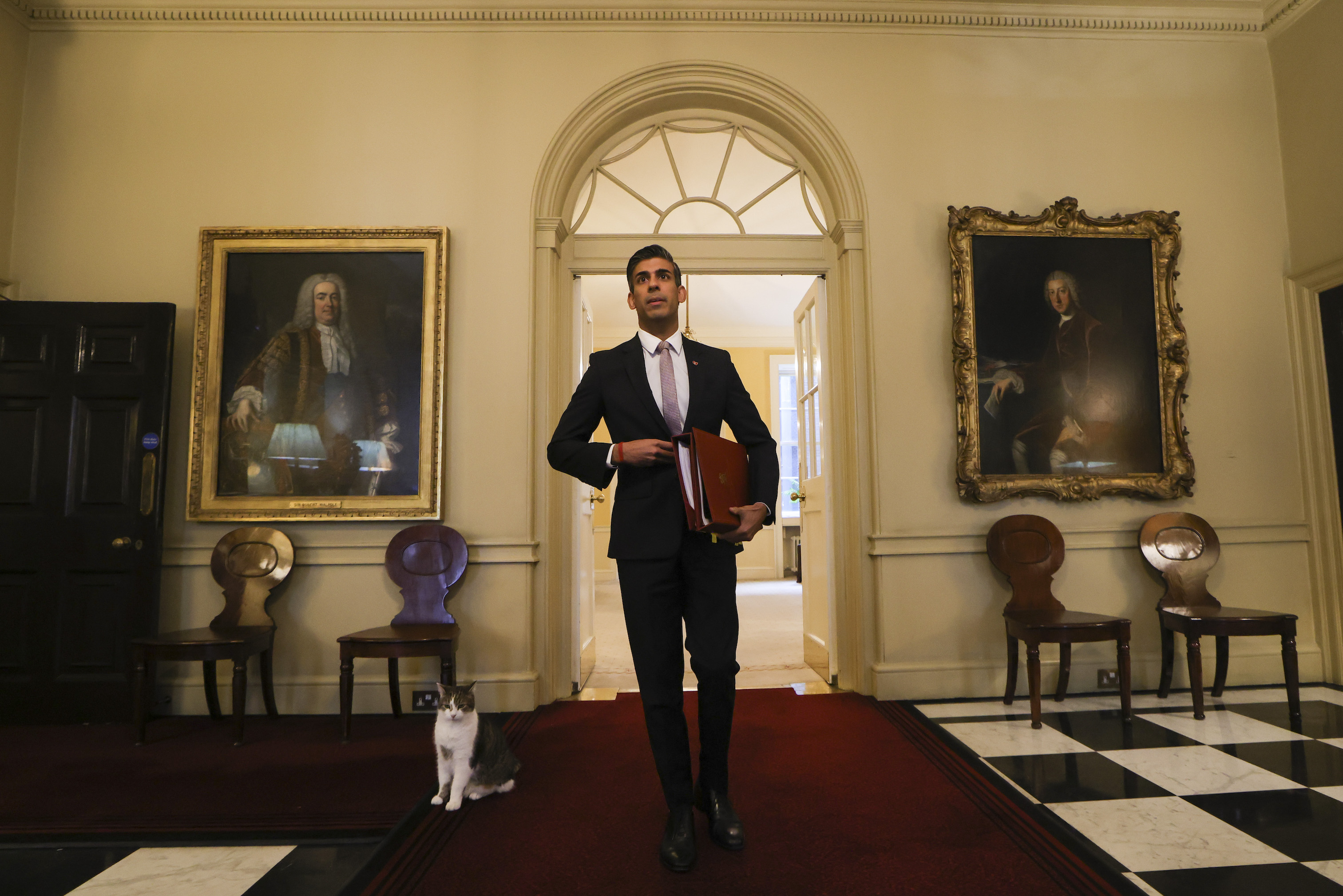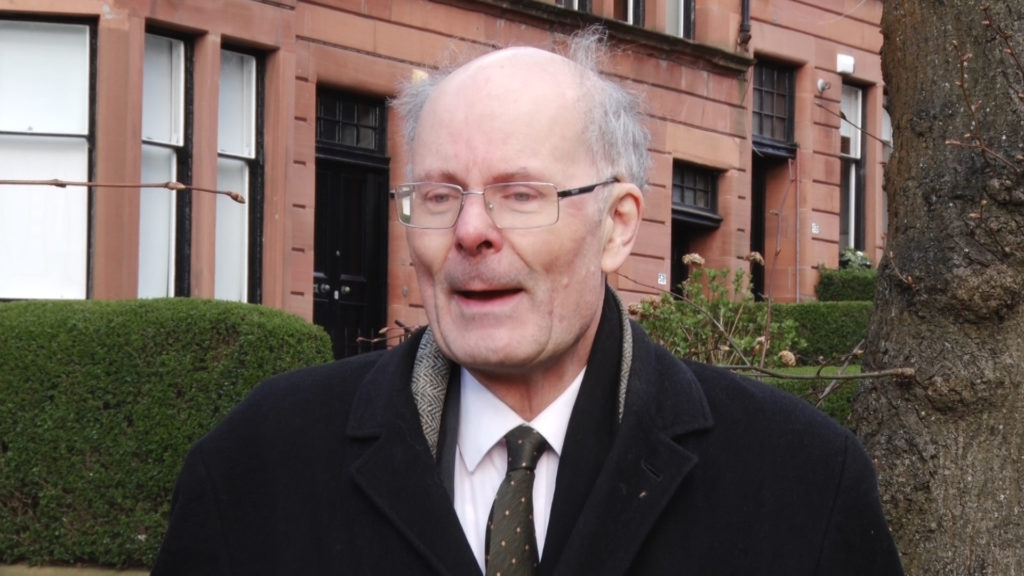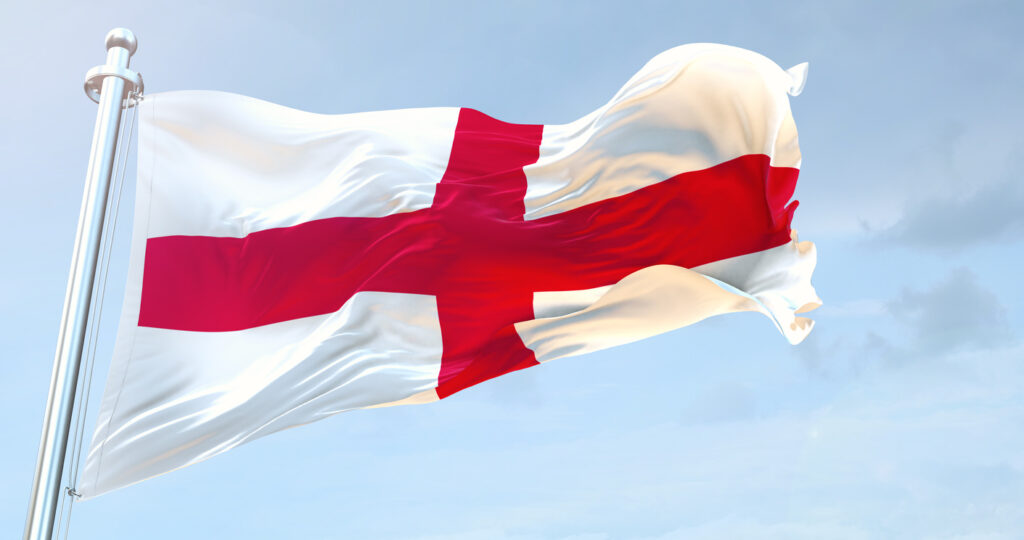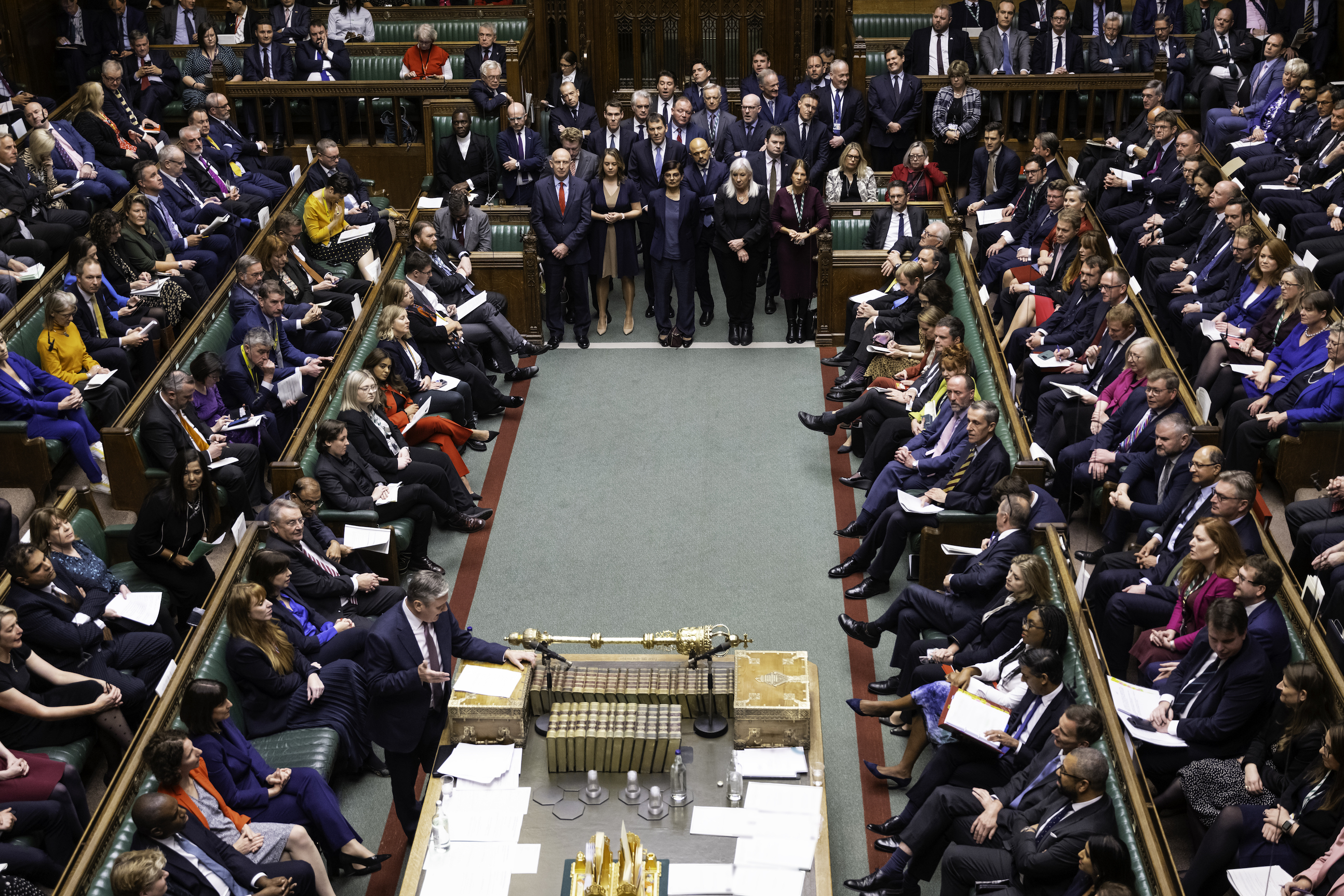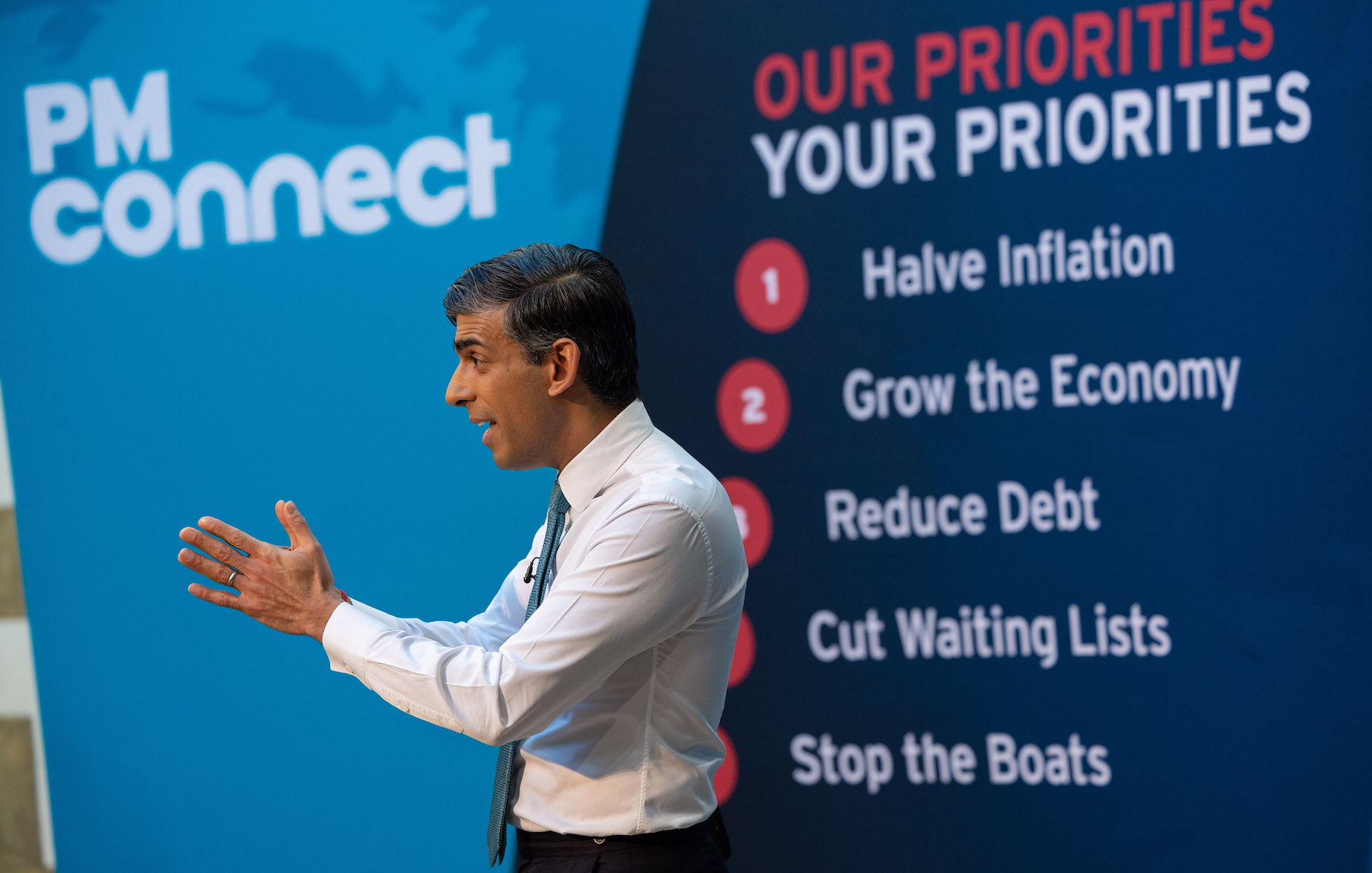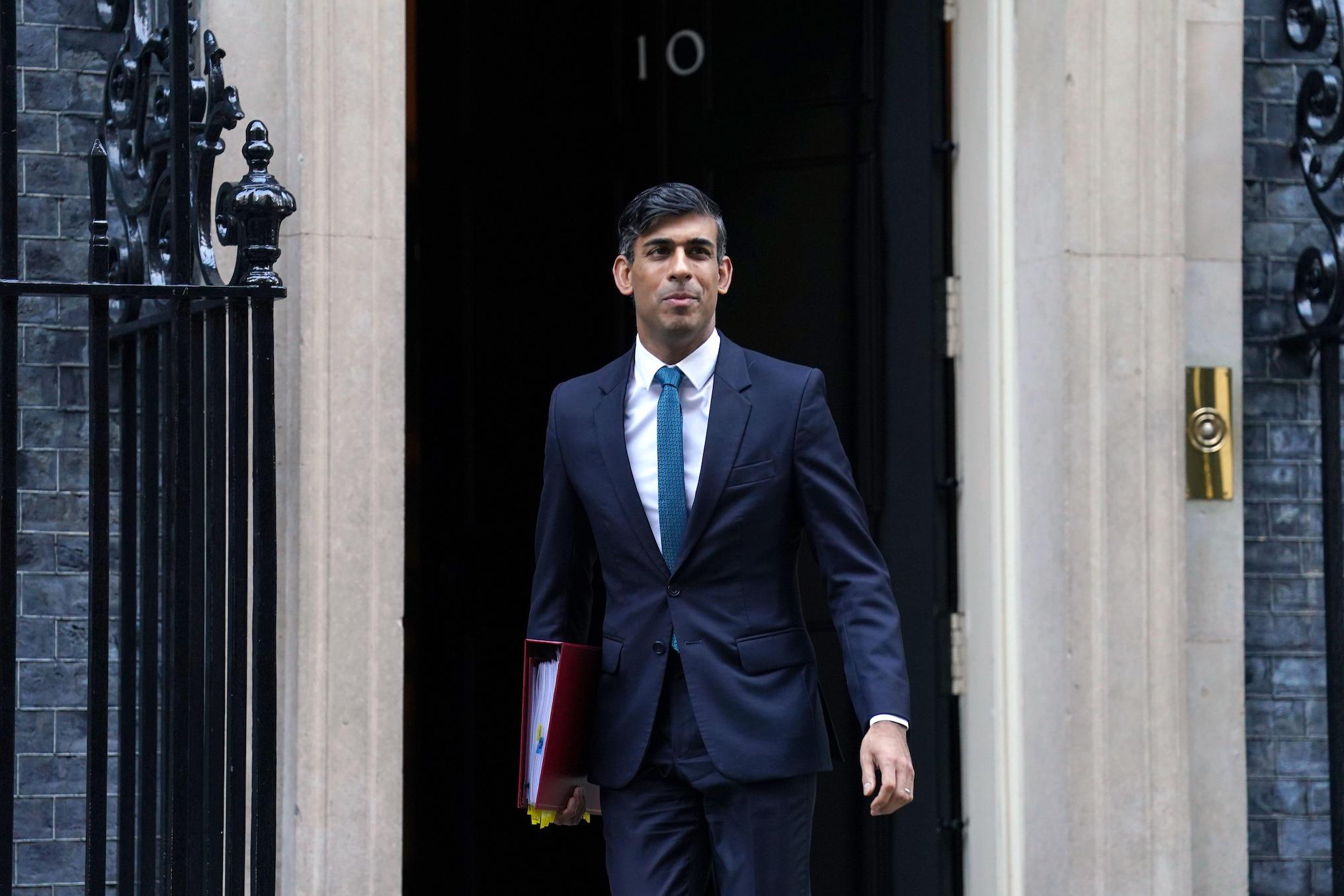Special advisers are temporary civil servants, employed for the duration of an administration to provide a political dimension to the non-partisan work of the general civil service.
They are appointed to undertake tasks that would inappropriate for career civil servants and to operate where government policy and party politics overlap. Their salaries are paid by the Crown.
Special advisors typically work directly for the Secretary of State in a particular Department.
Special advisers may review policy papers prepared by departmental staff as well as prepare their own policy documents and plan future strategies. They may liaise with the party machine and brief Members of Parliament on departmental policies.
They add political content to speeches and other documents drafted by impartial civil servants. As employees of the Crown, they may not speak at a party’s political conference.
The number of Special Advisers appointed by Ministers will often draw criticism from political opponents, who claim that the Government of the day is seeking to politicise the work of the Civil Service.
As political appointees at the heart of government, special advisers are subjected to a high degree of scrutiny, although they cannot be required to appear before select committees to give evidence.
A Cabinet Minister who wishes to appoint further advisers, beyond the two Special Advisors per department, must typically request the permission of the Prime Minister in order to appoint special expert advisers.
The number of Special Advisors who later go on to become Members of Parliament, and indeed Ministers in their own right is considerable. Examples of special advisors who have gone on to become Cabinet Ministers in their own right include George Osborne, Ed Balls, Ed Miliband, and the current Cabinet Minister, Oliver Dowden.









